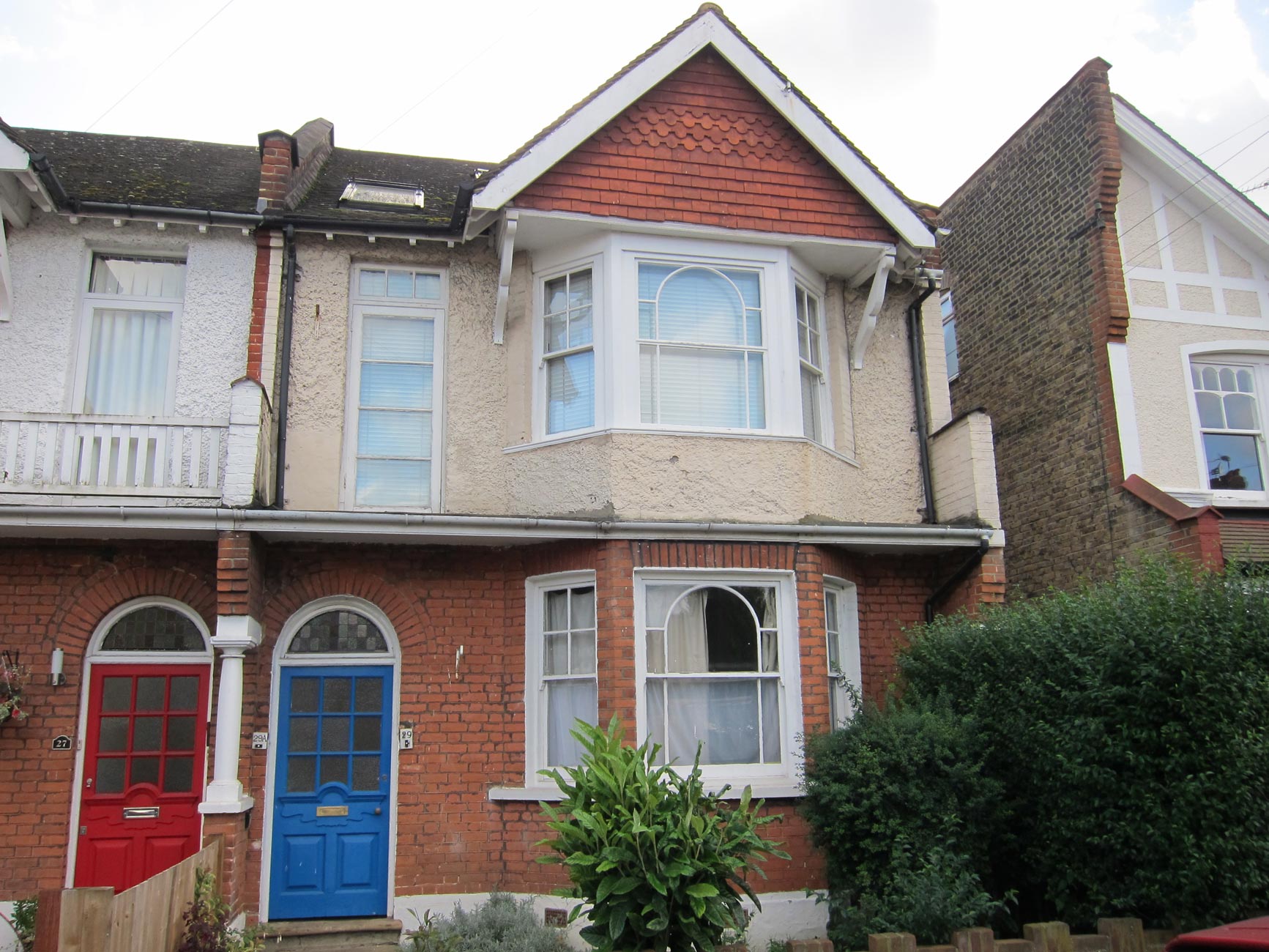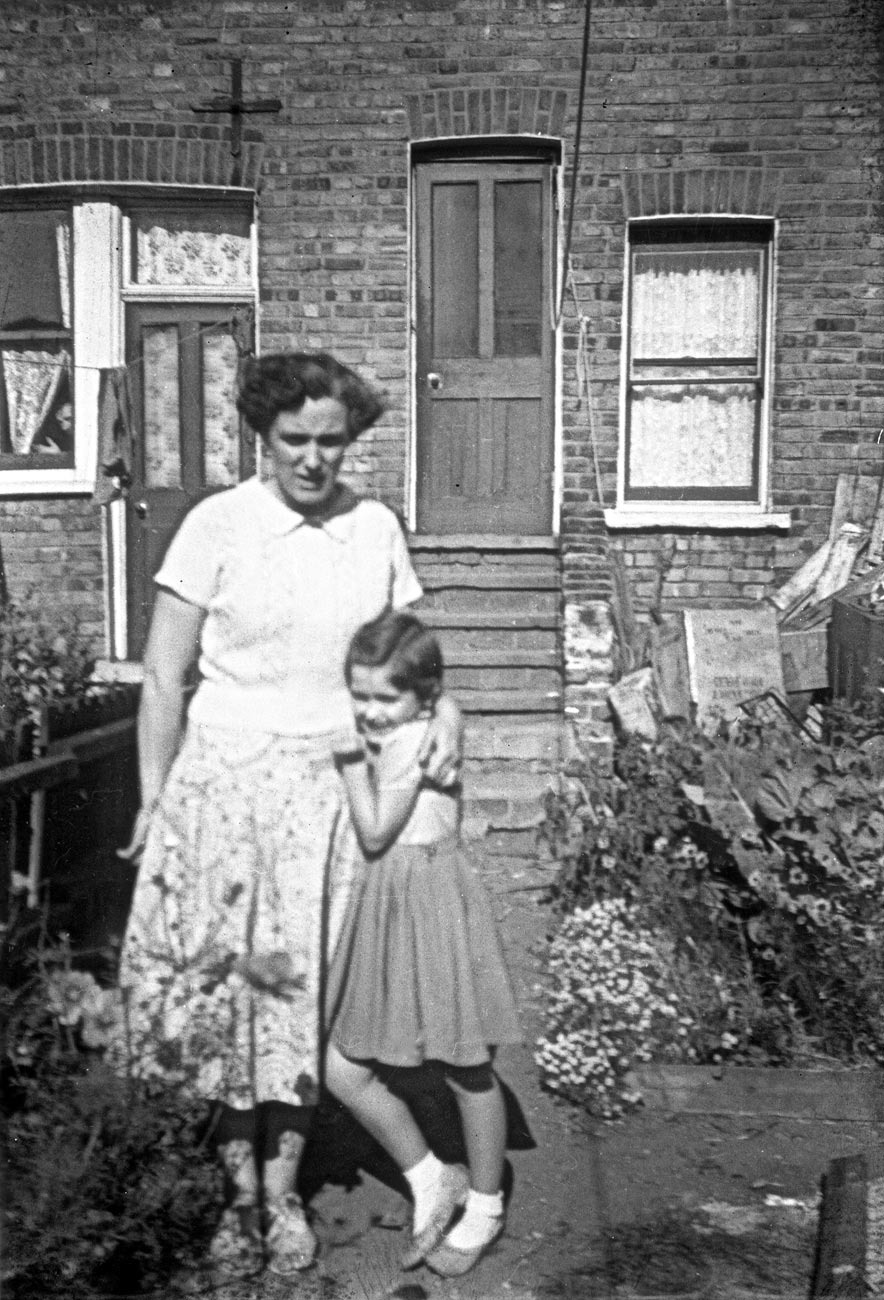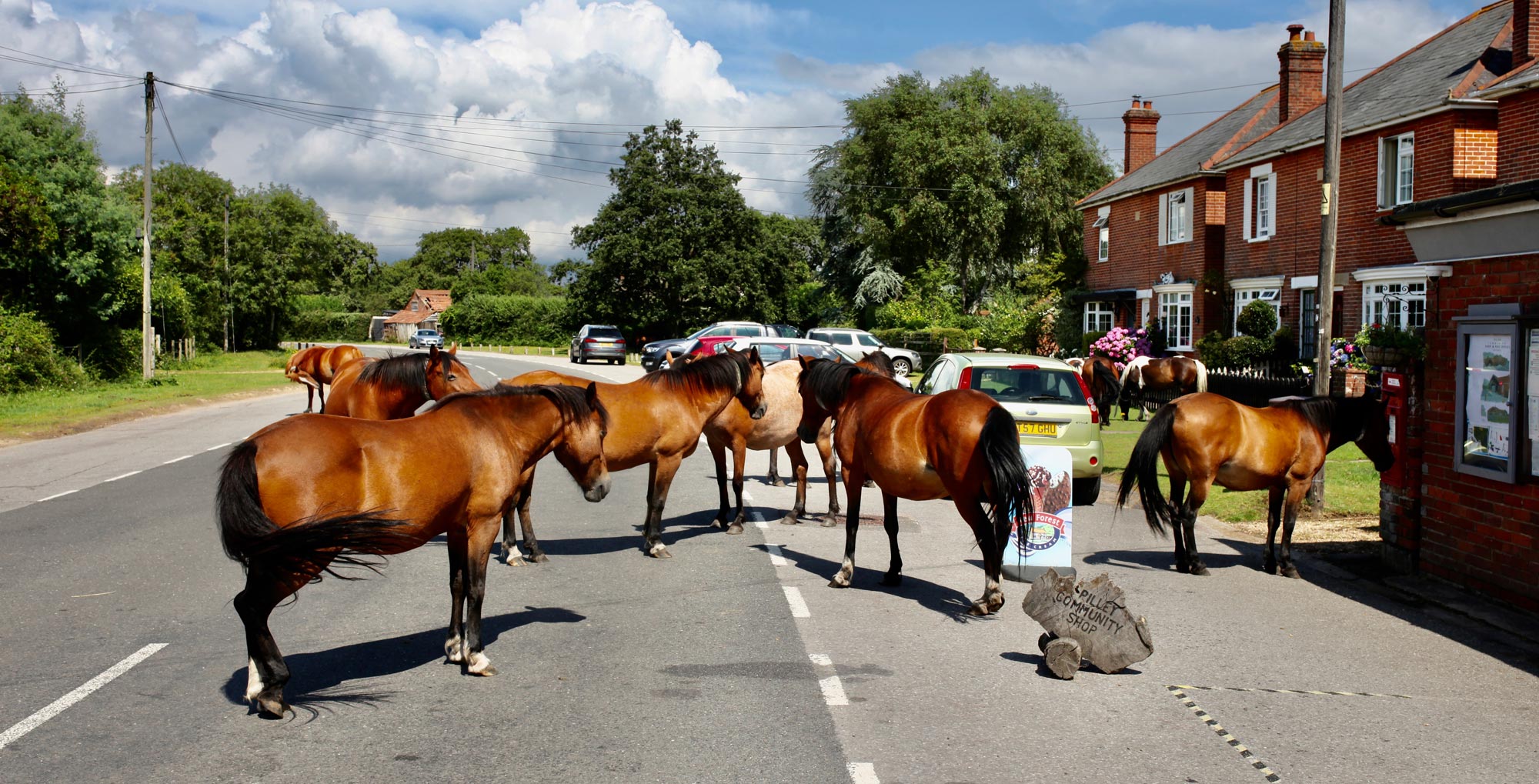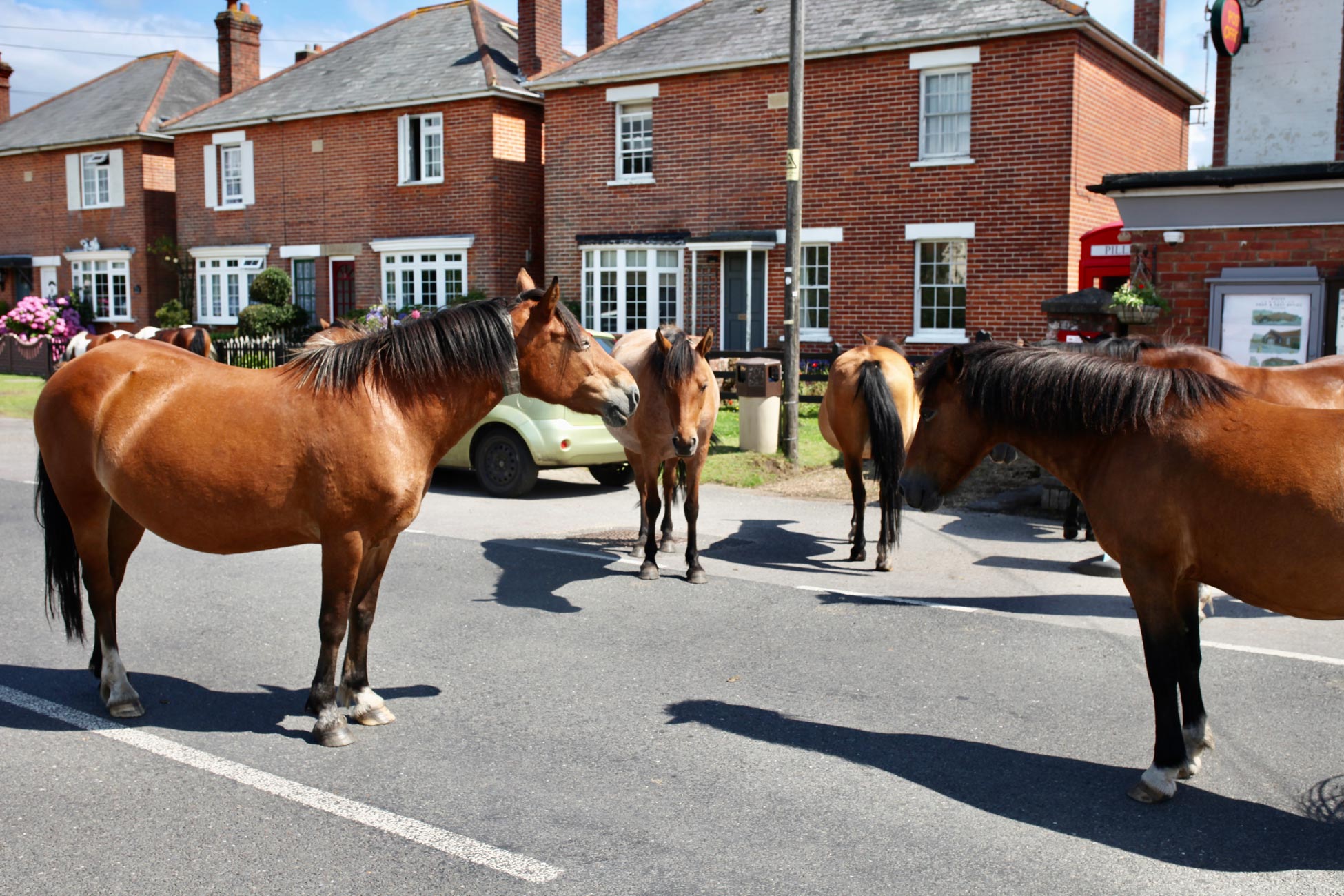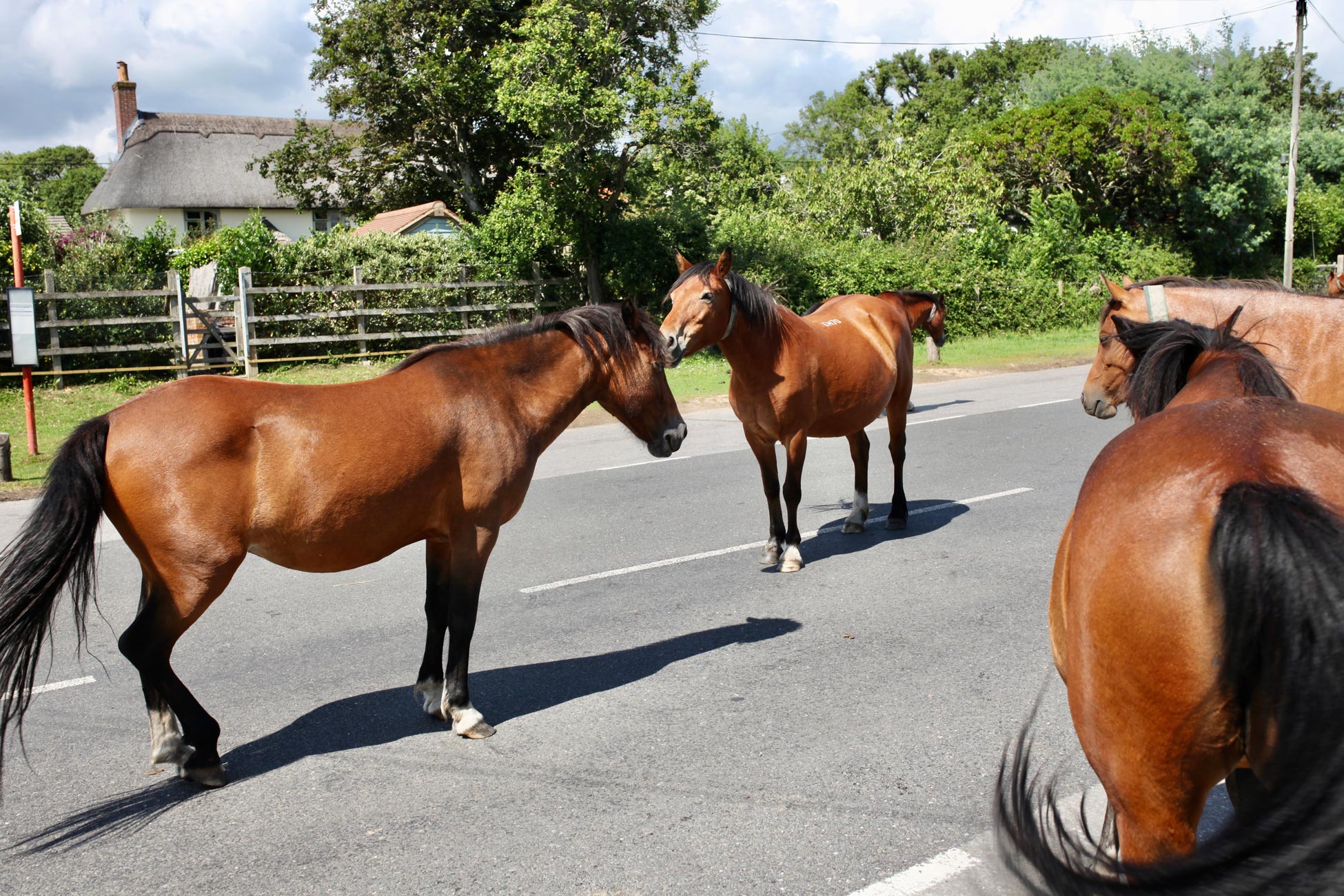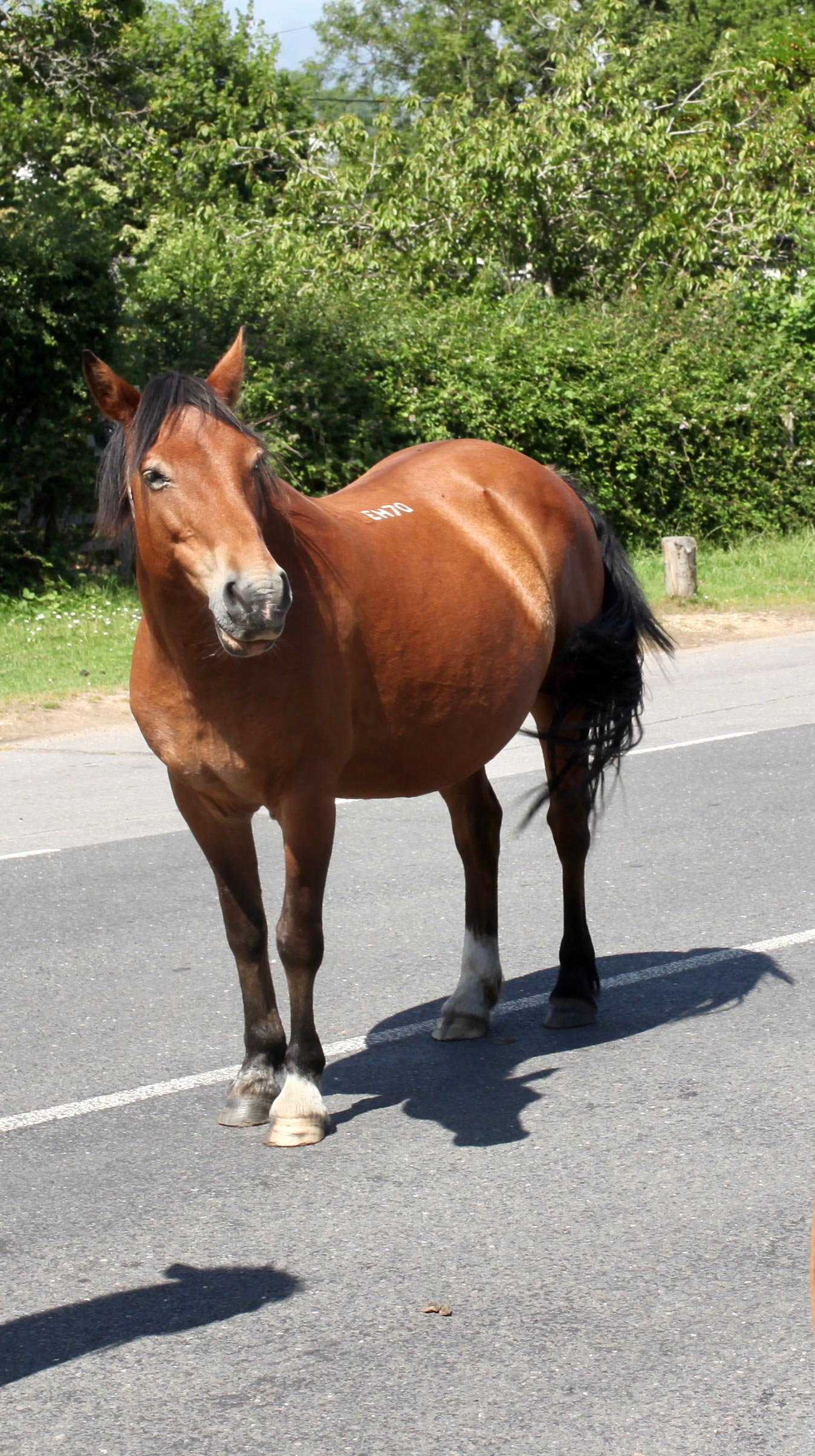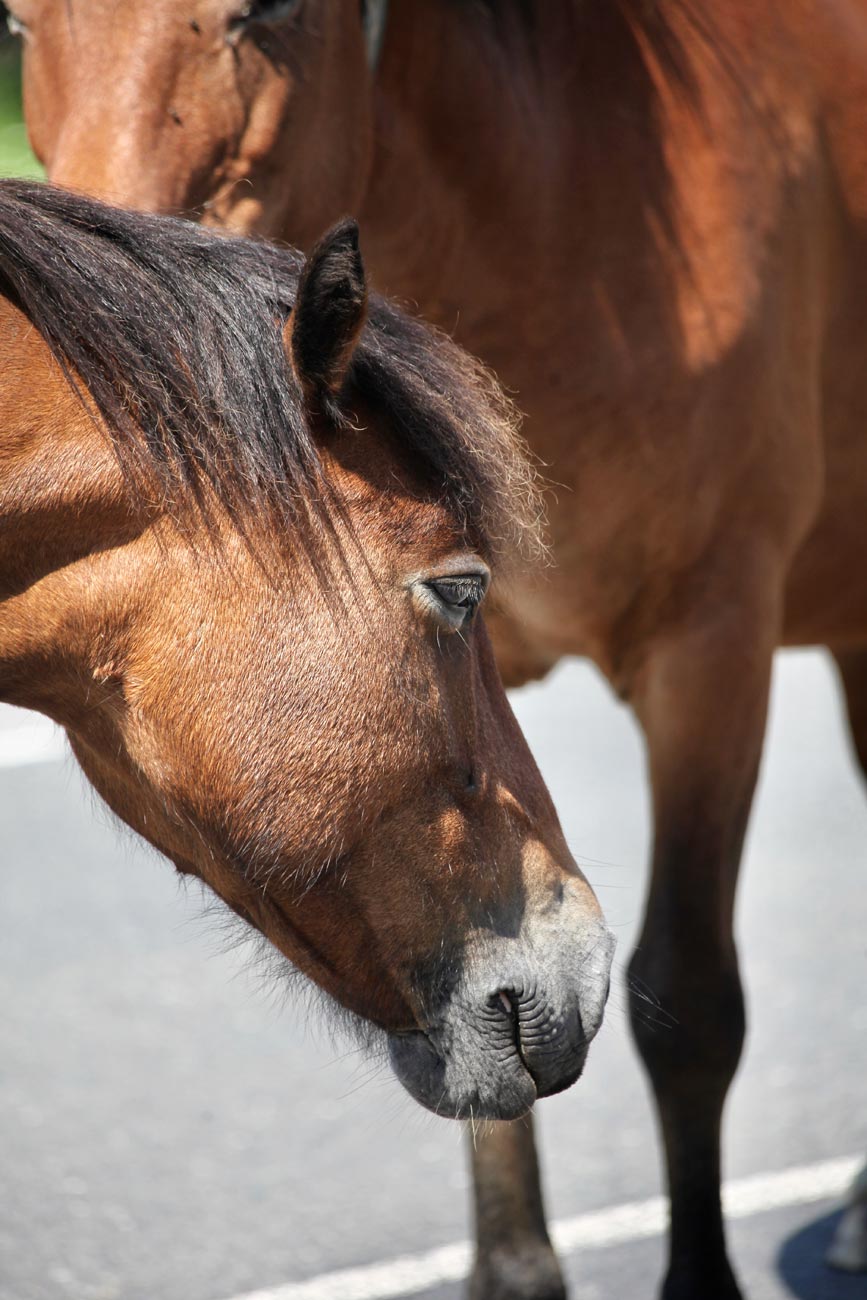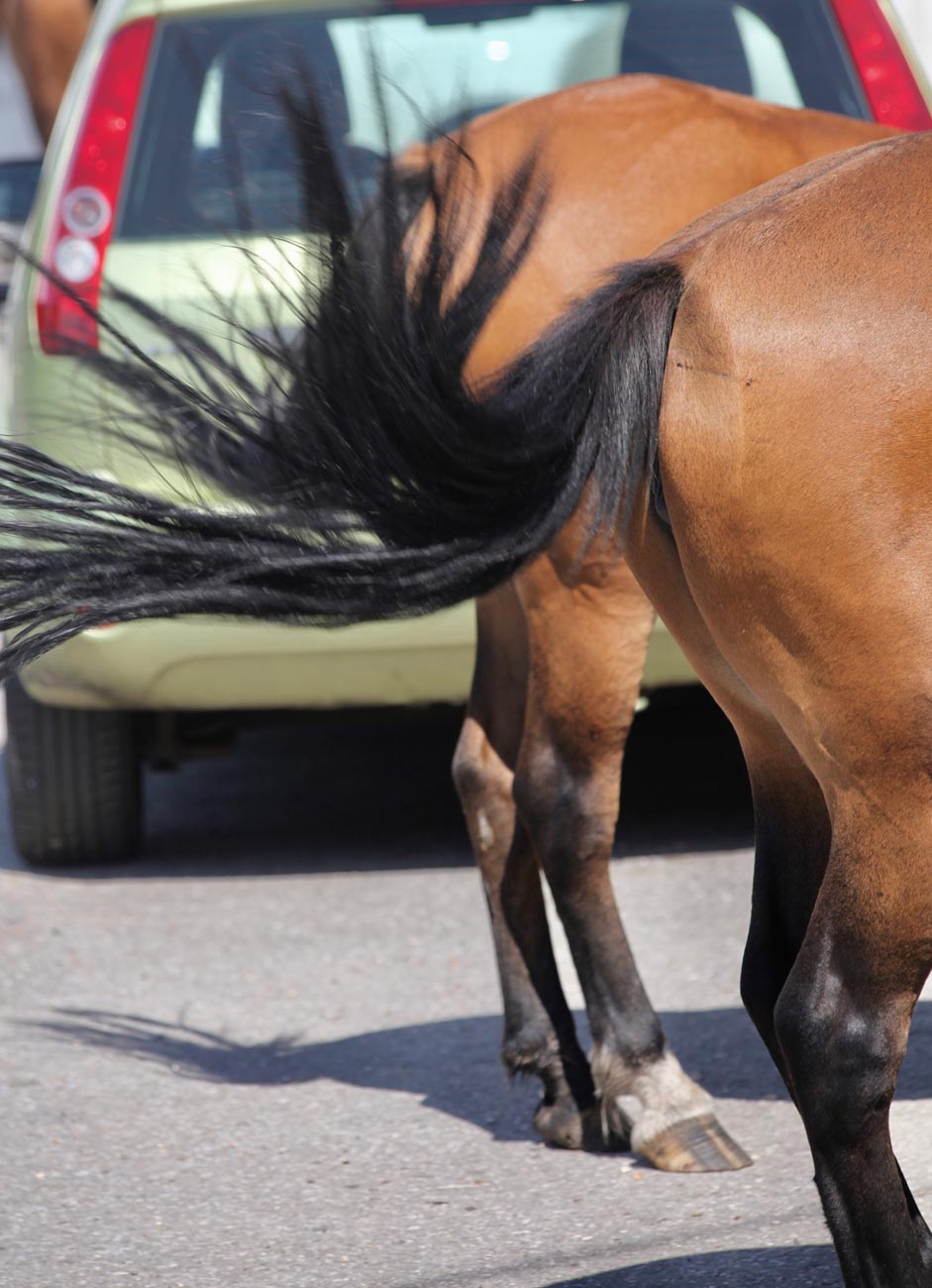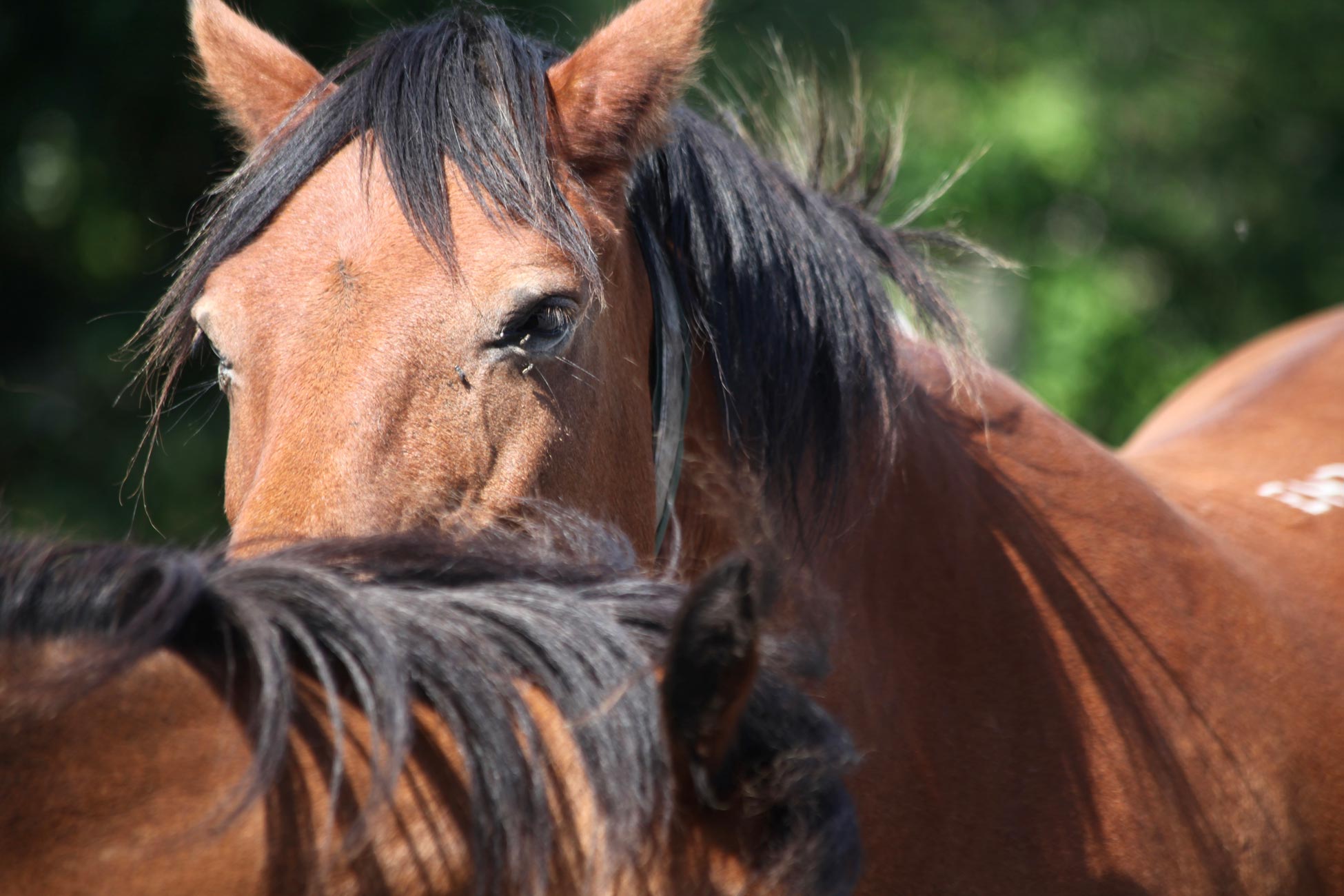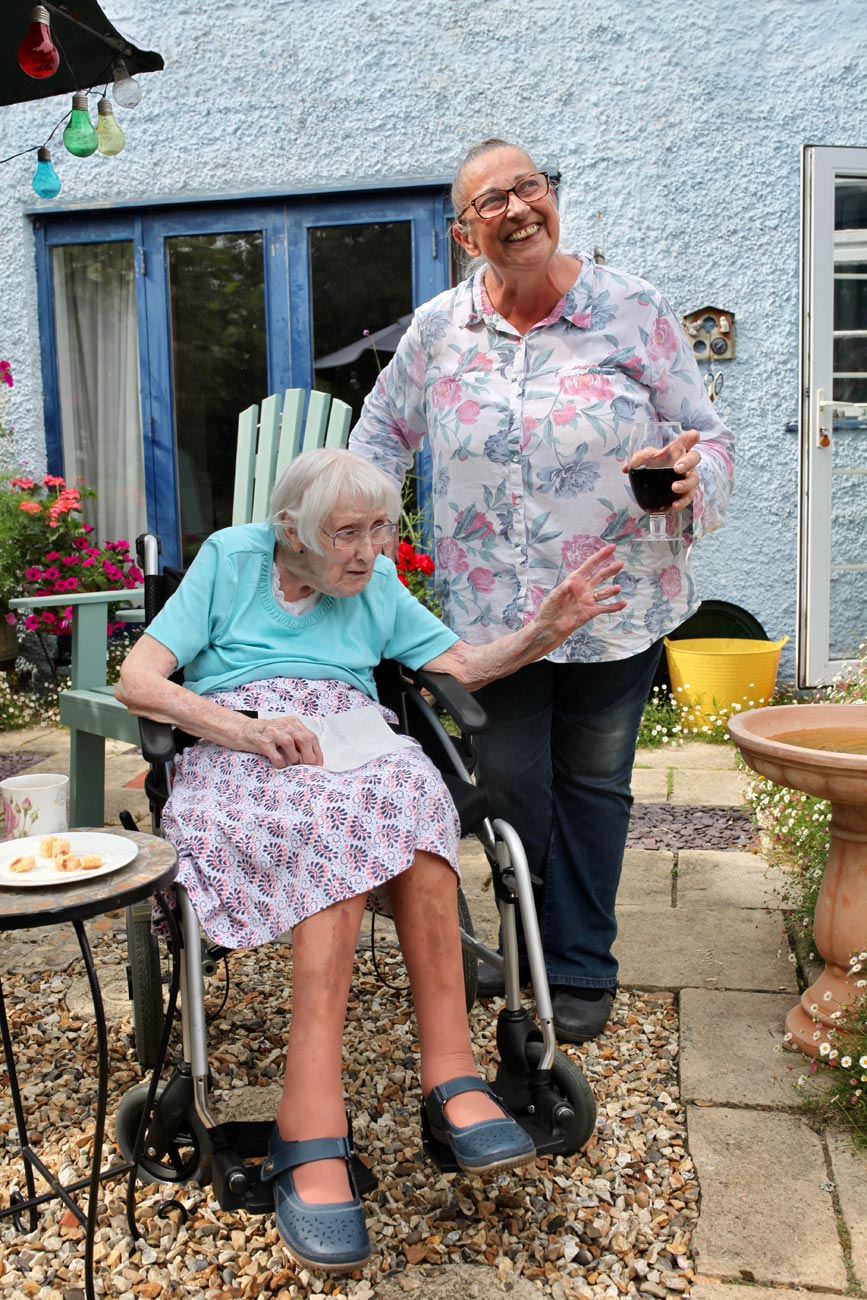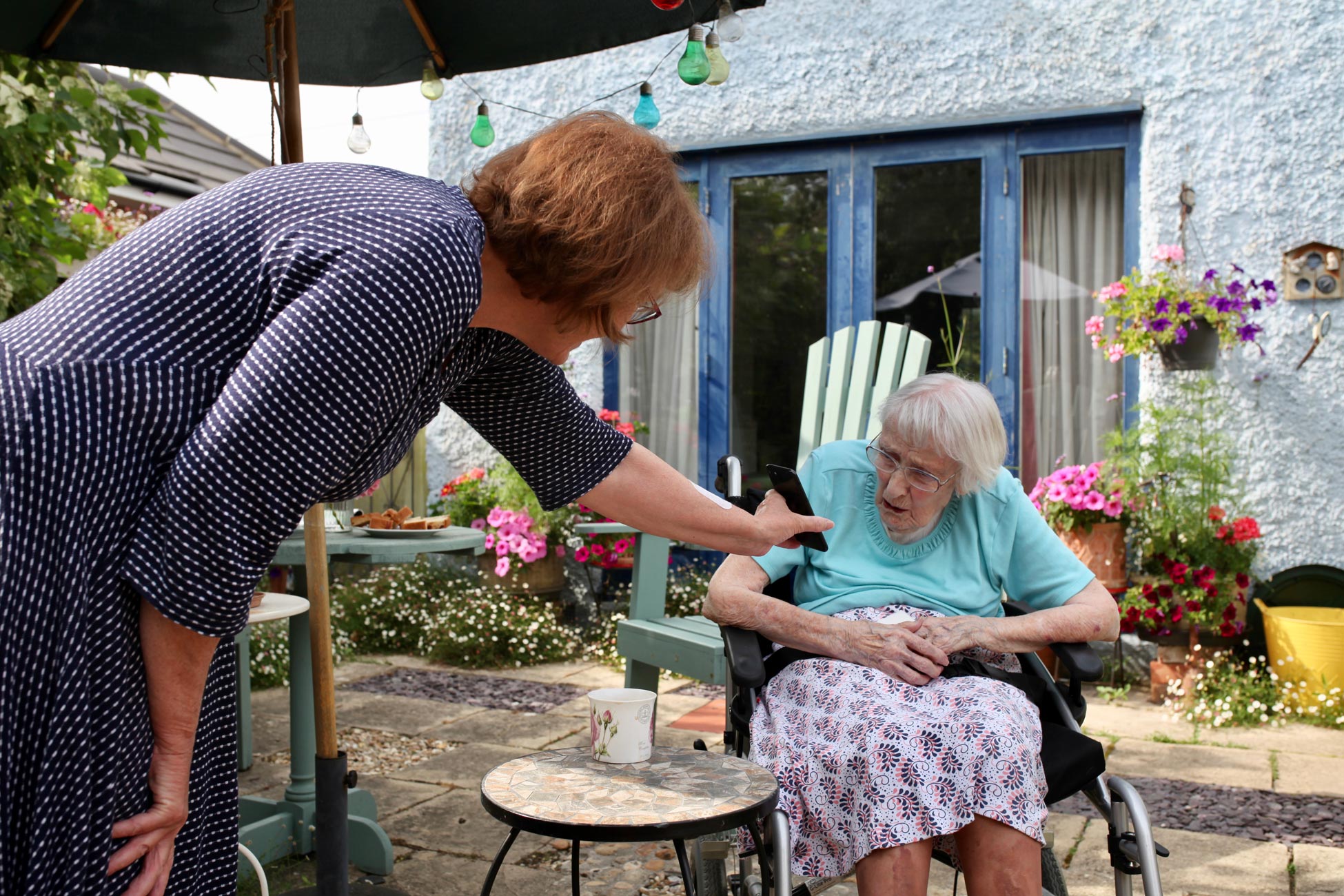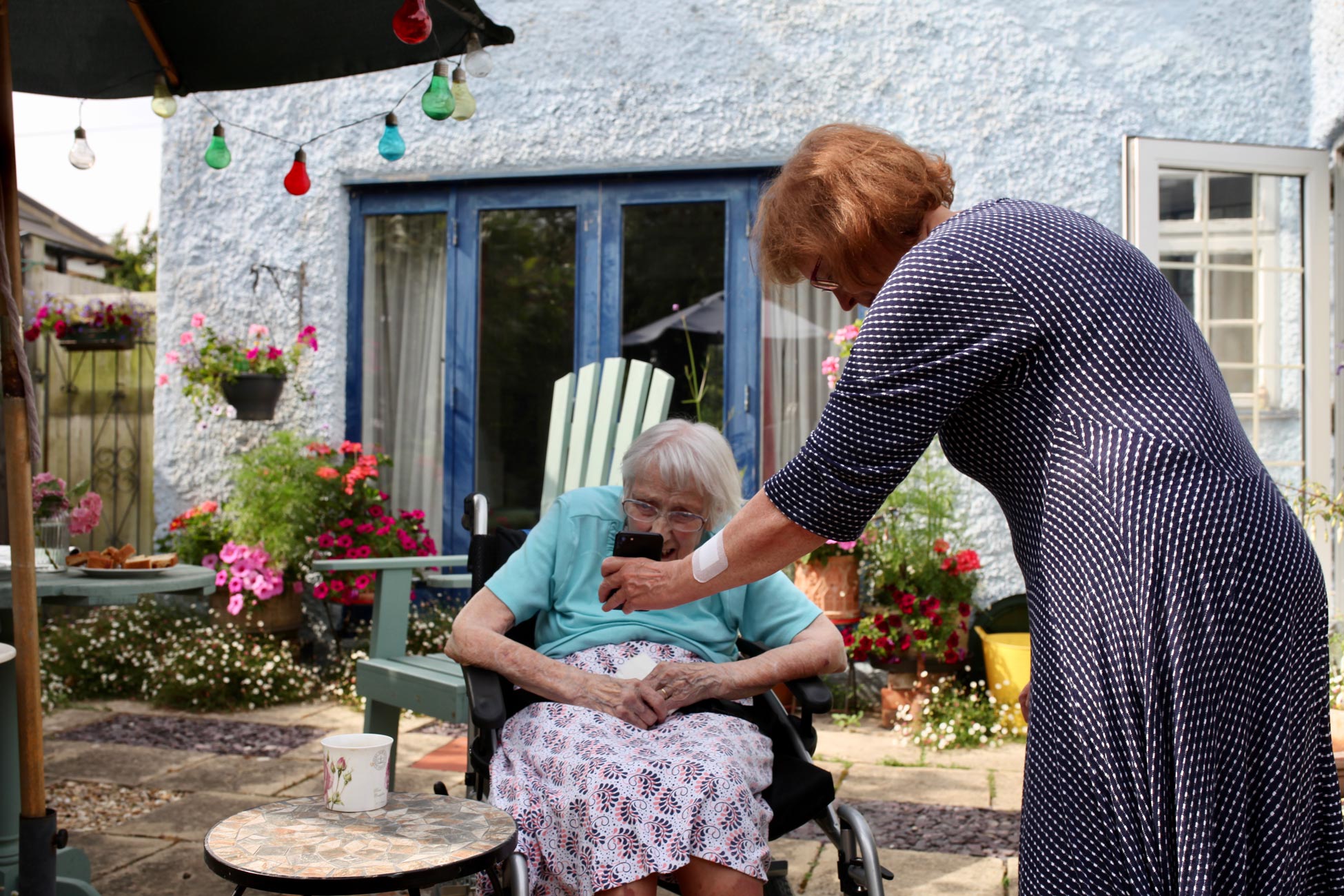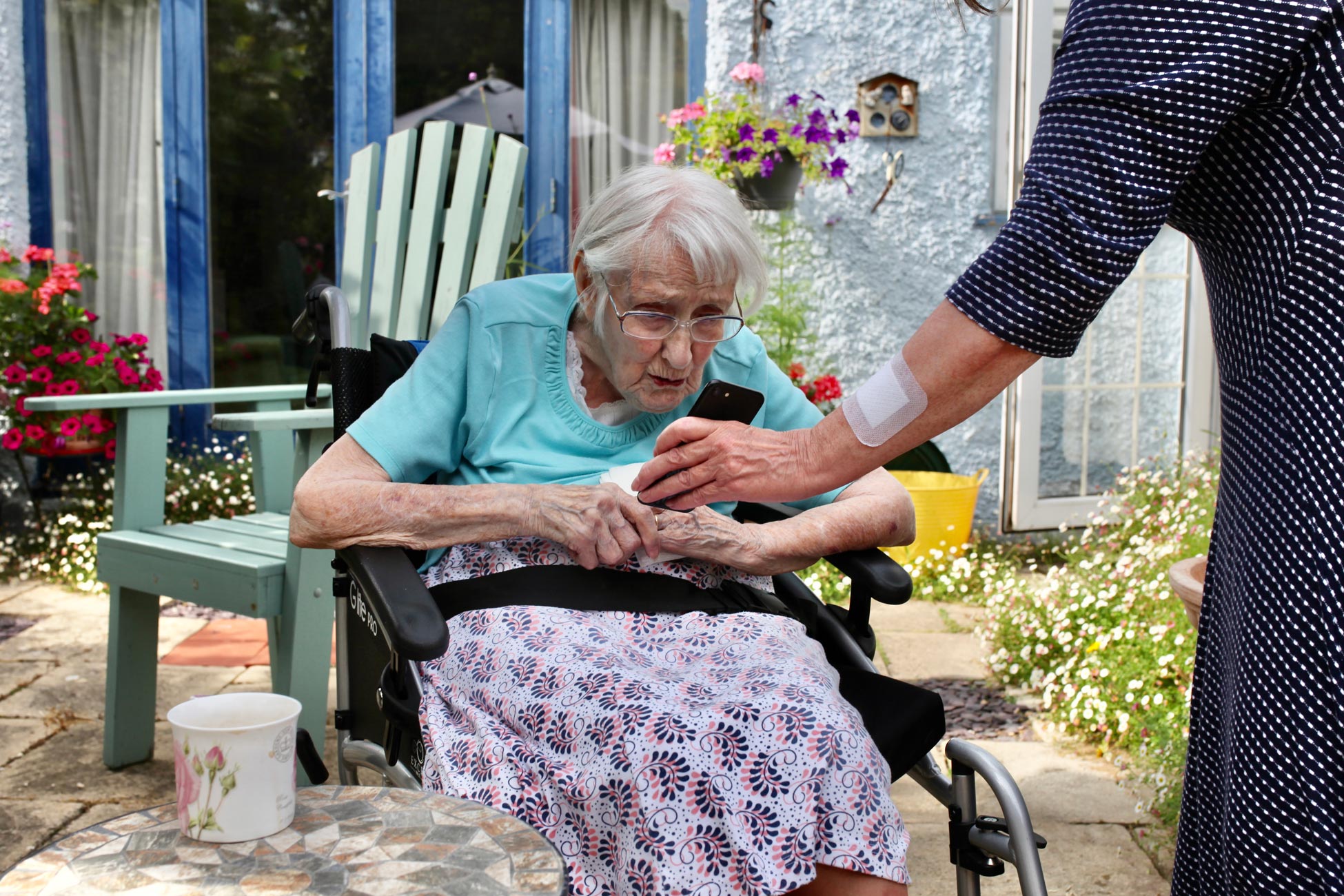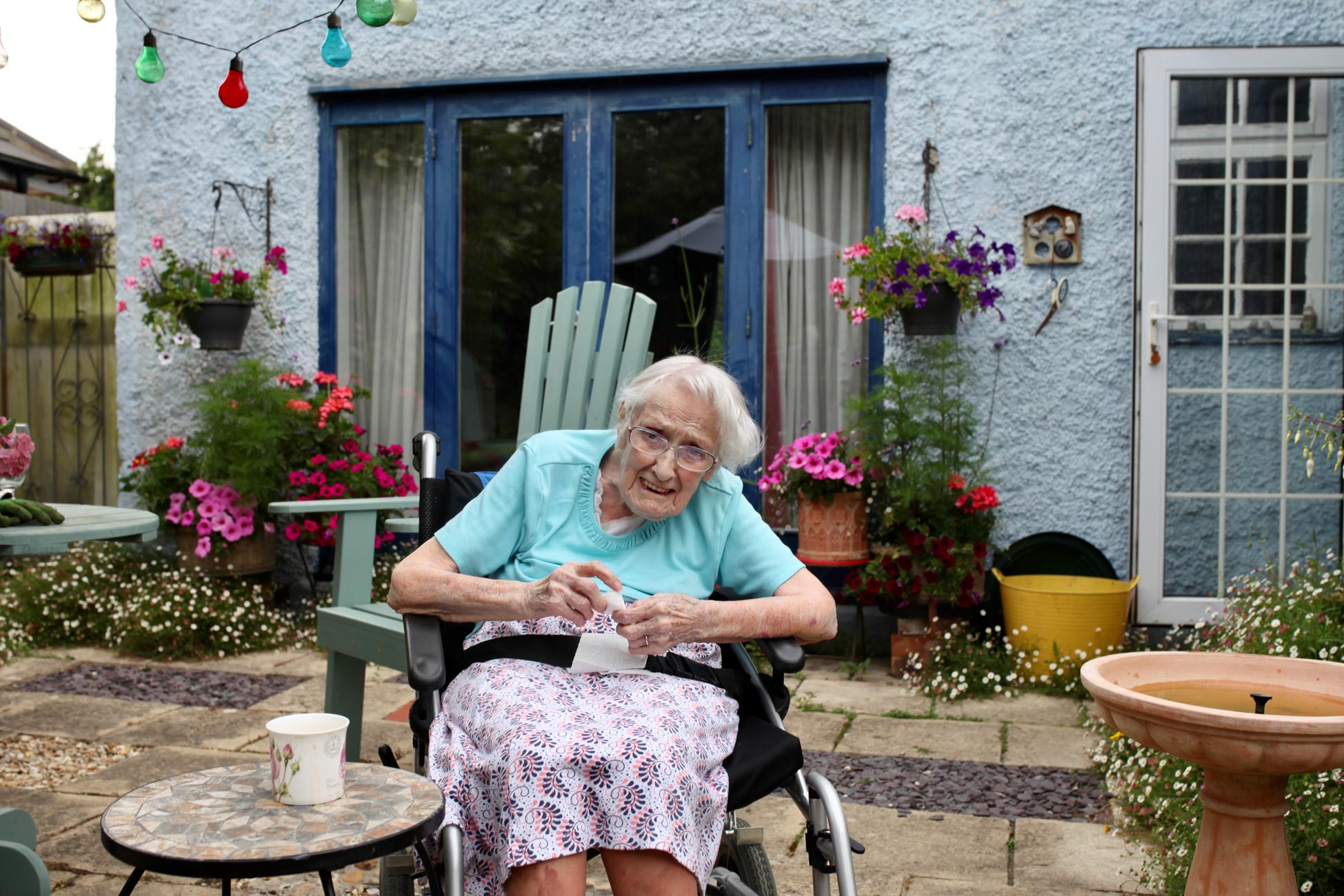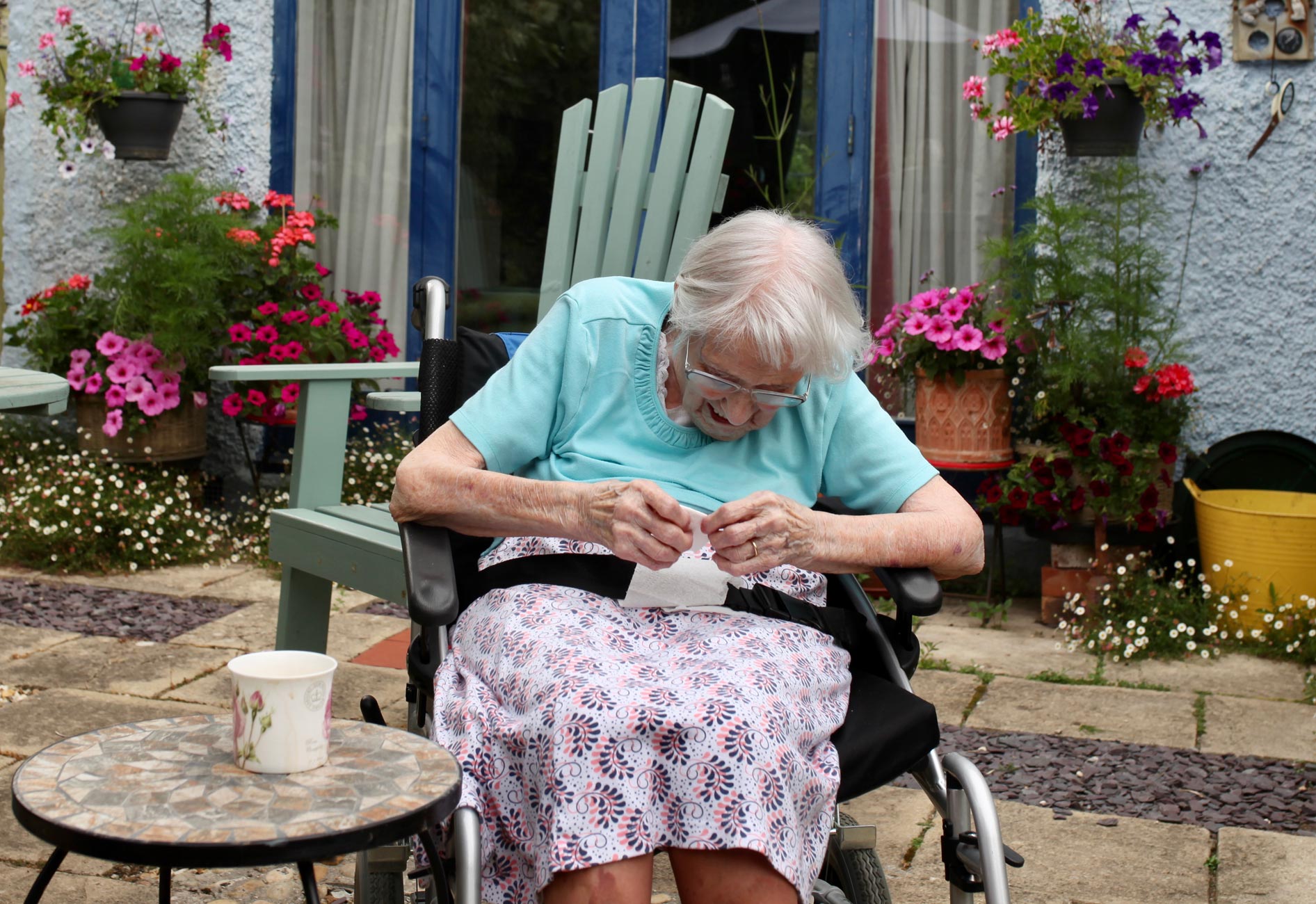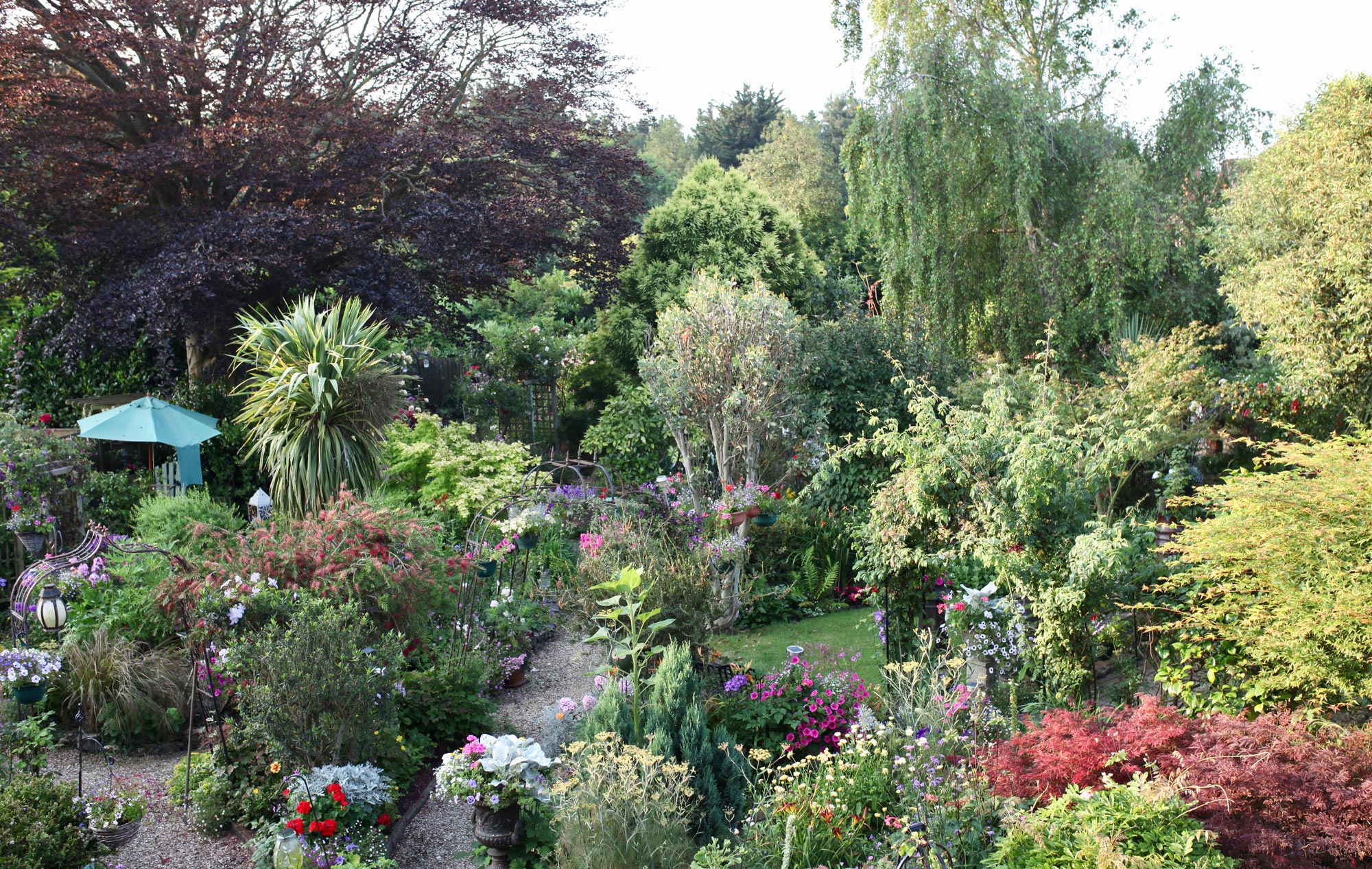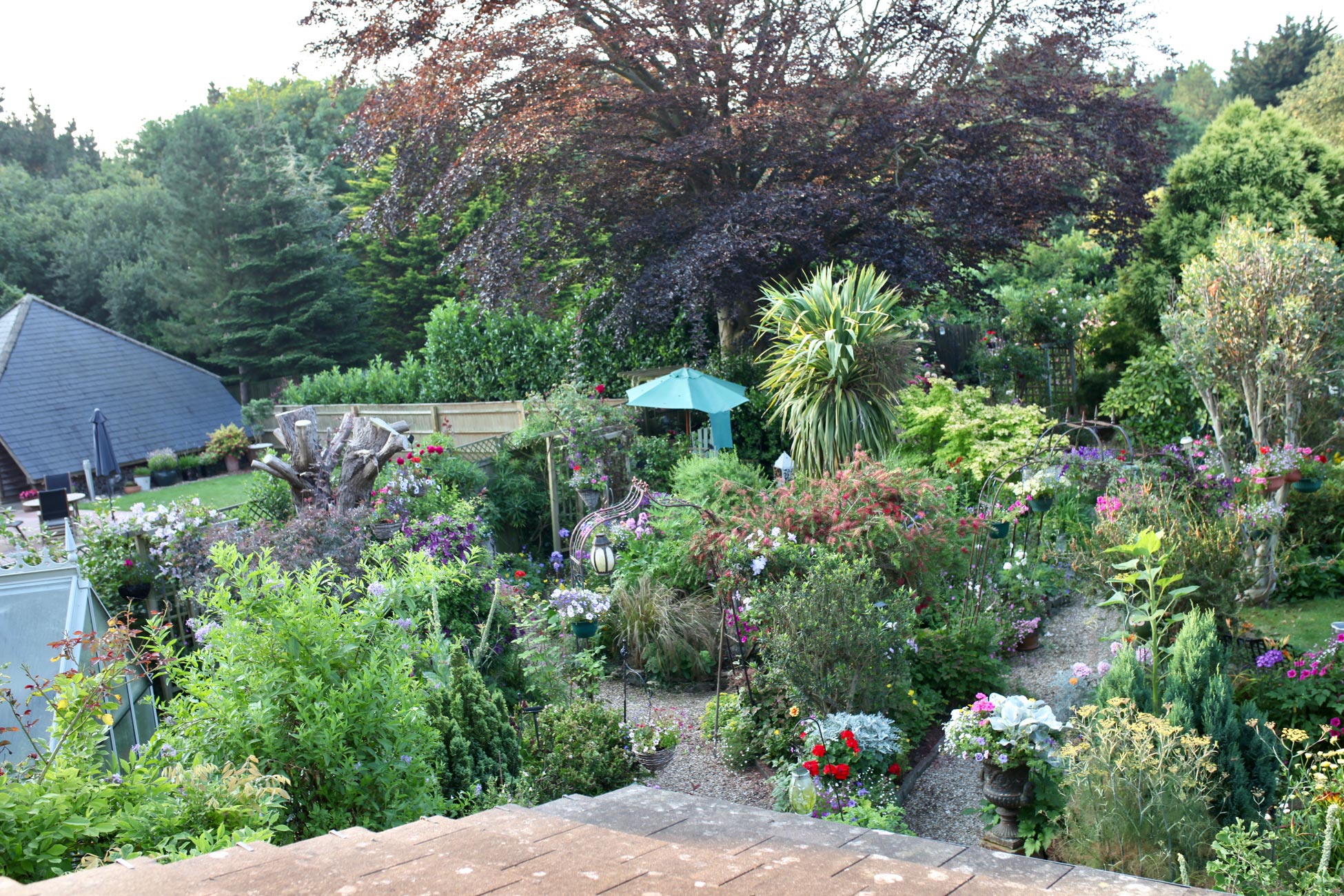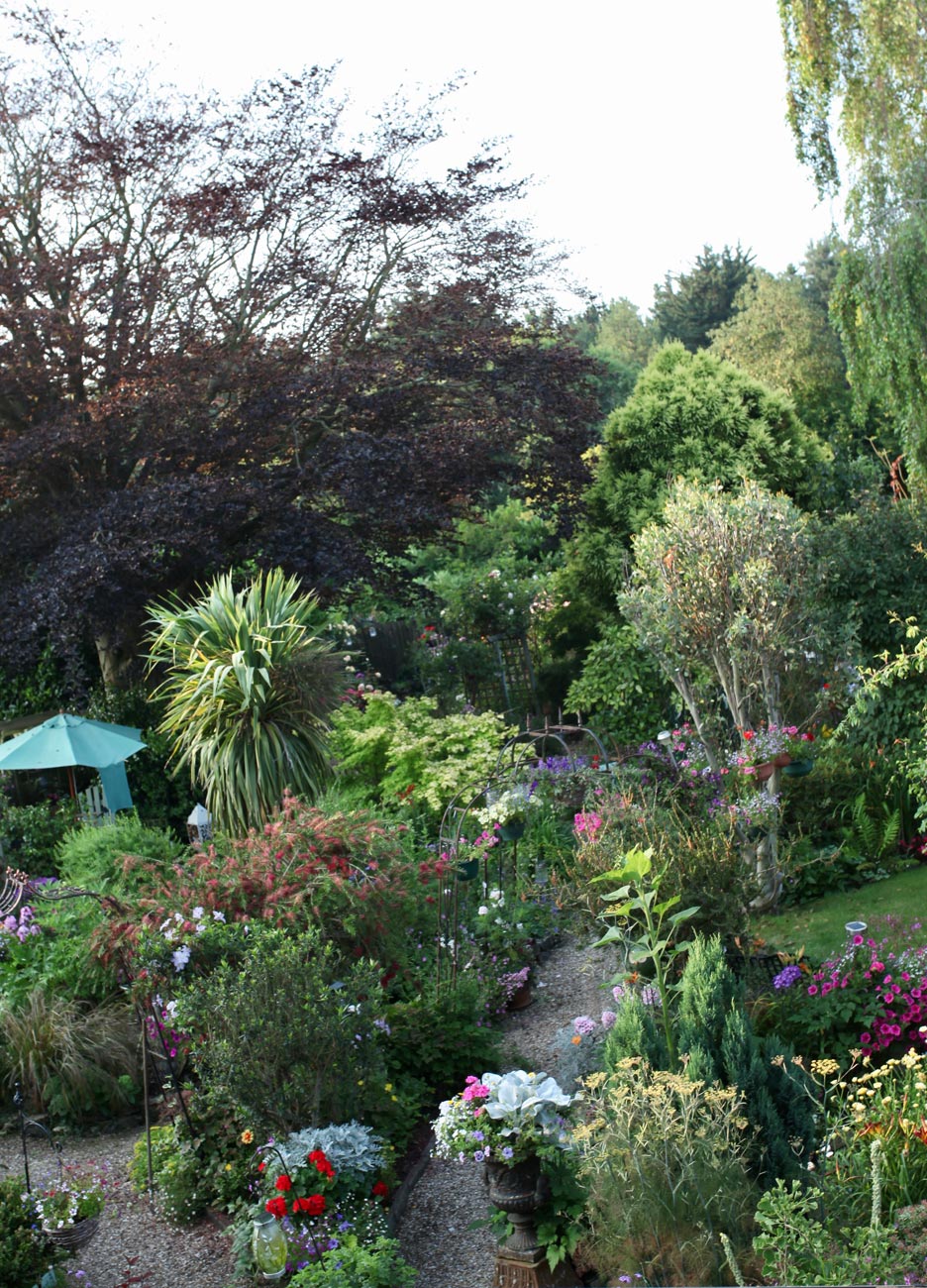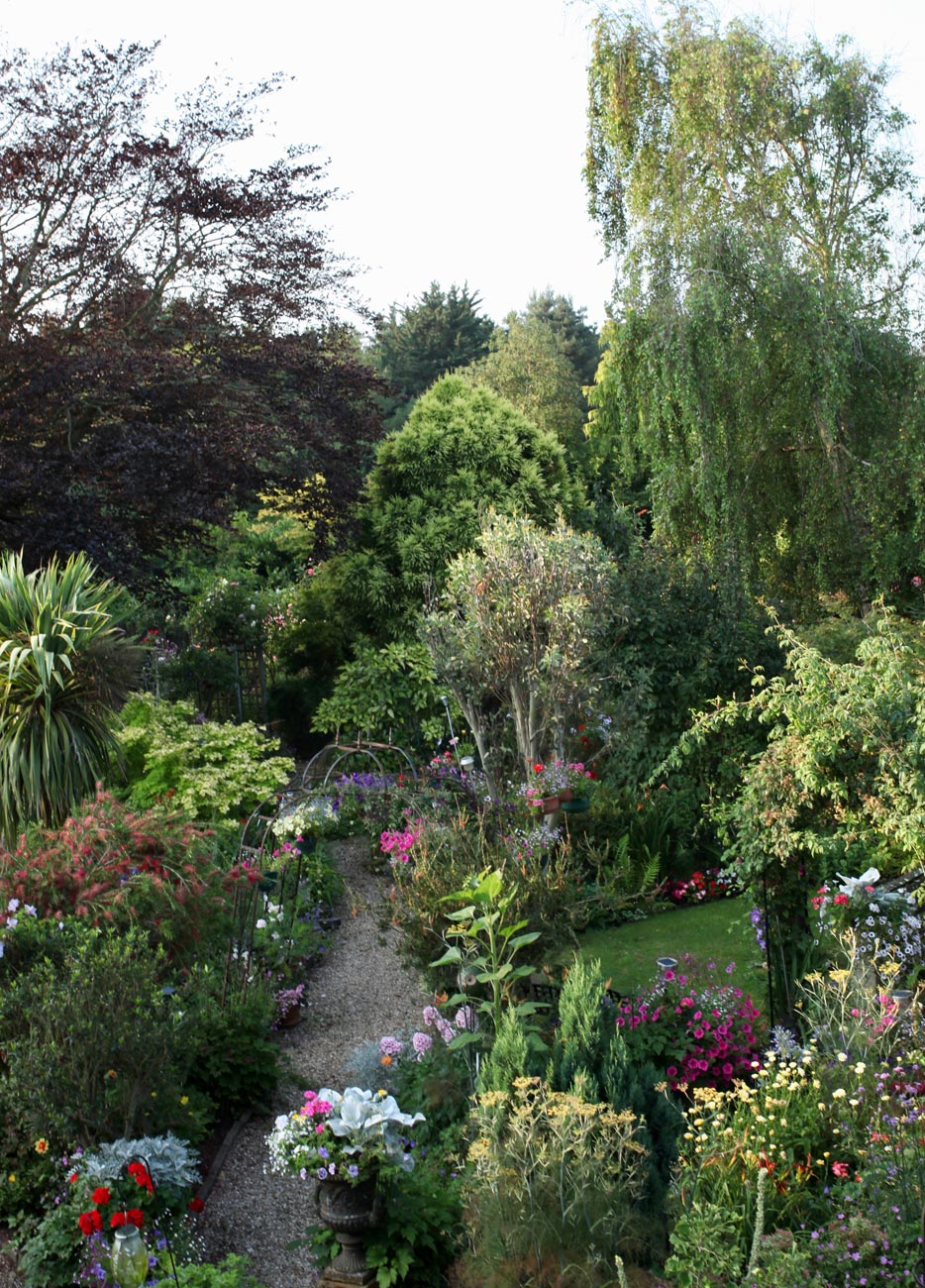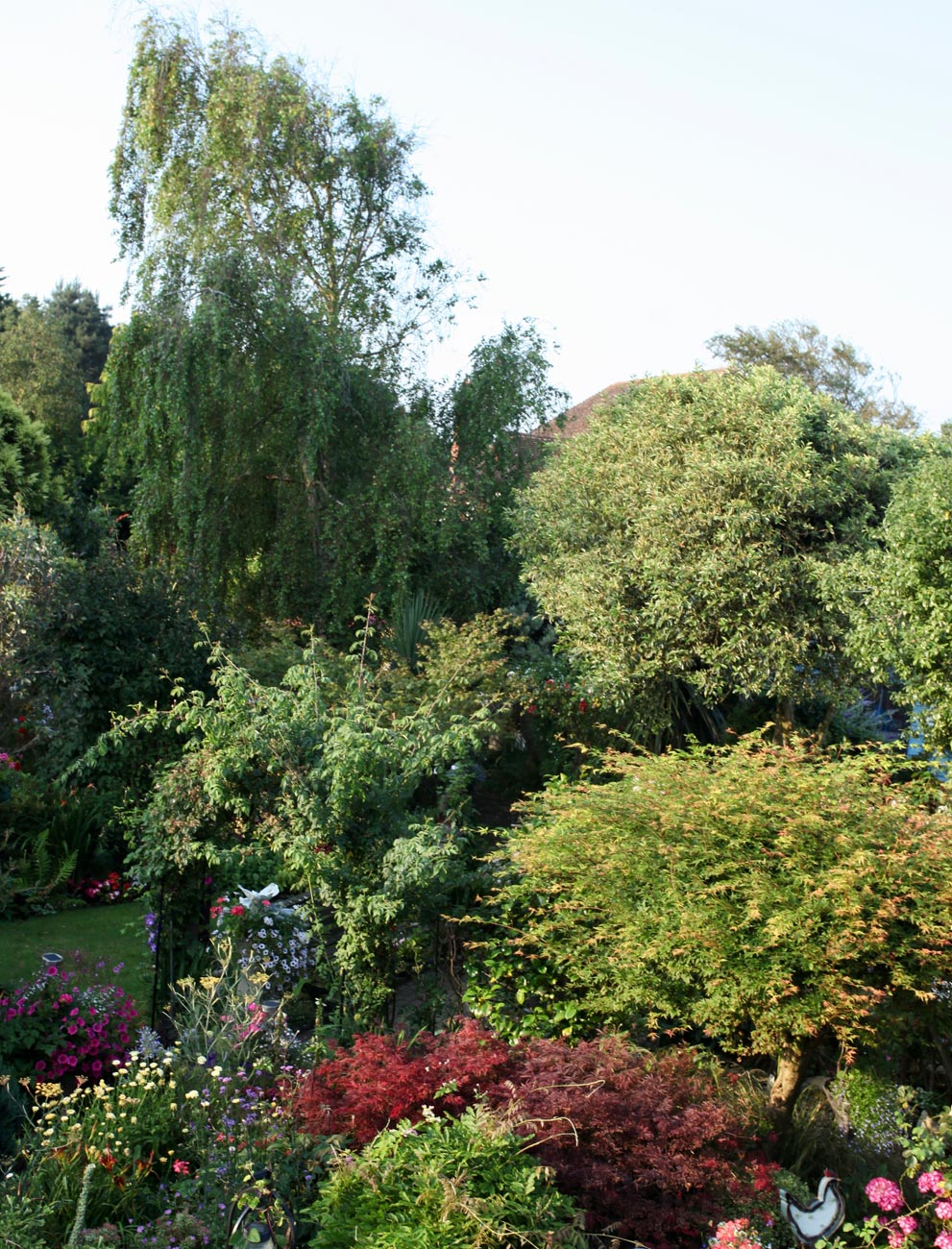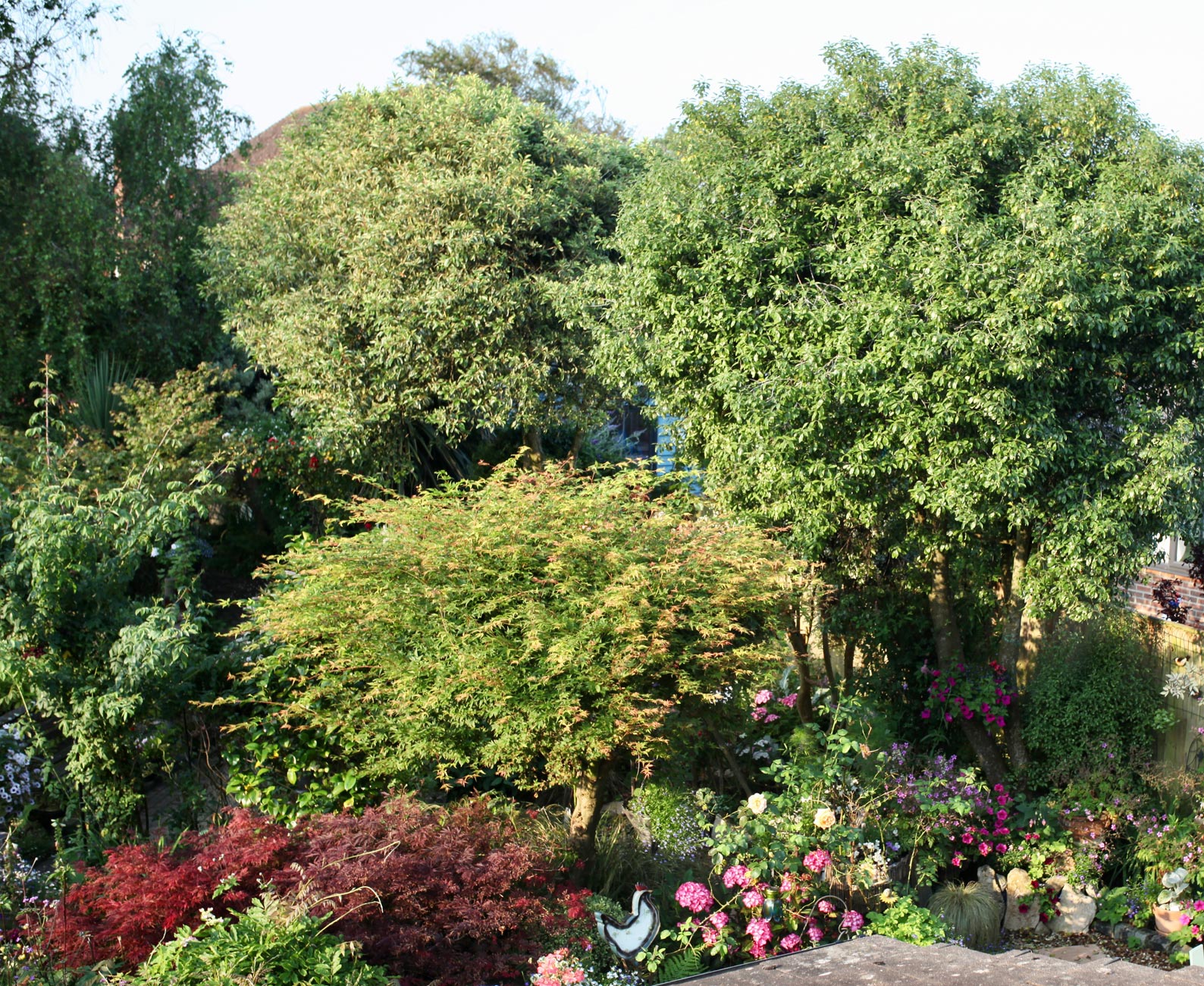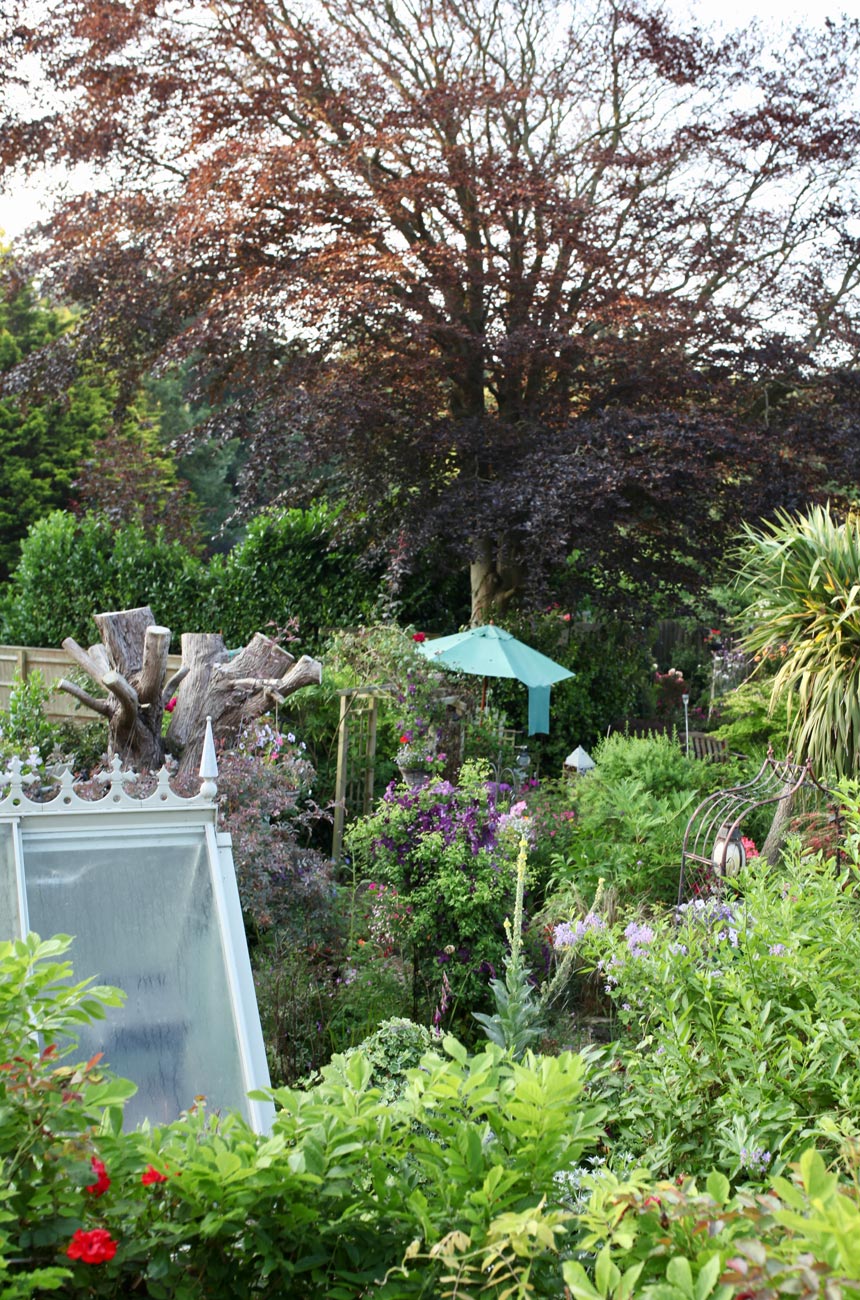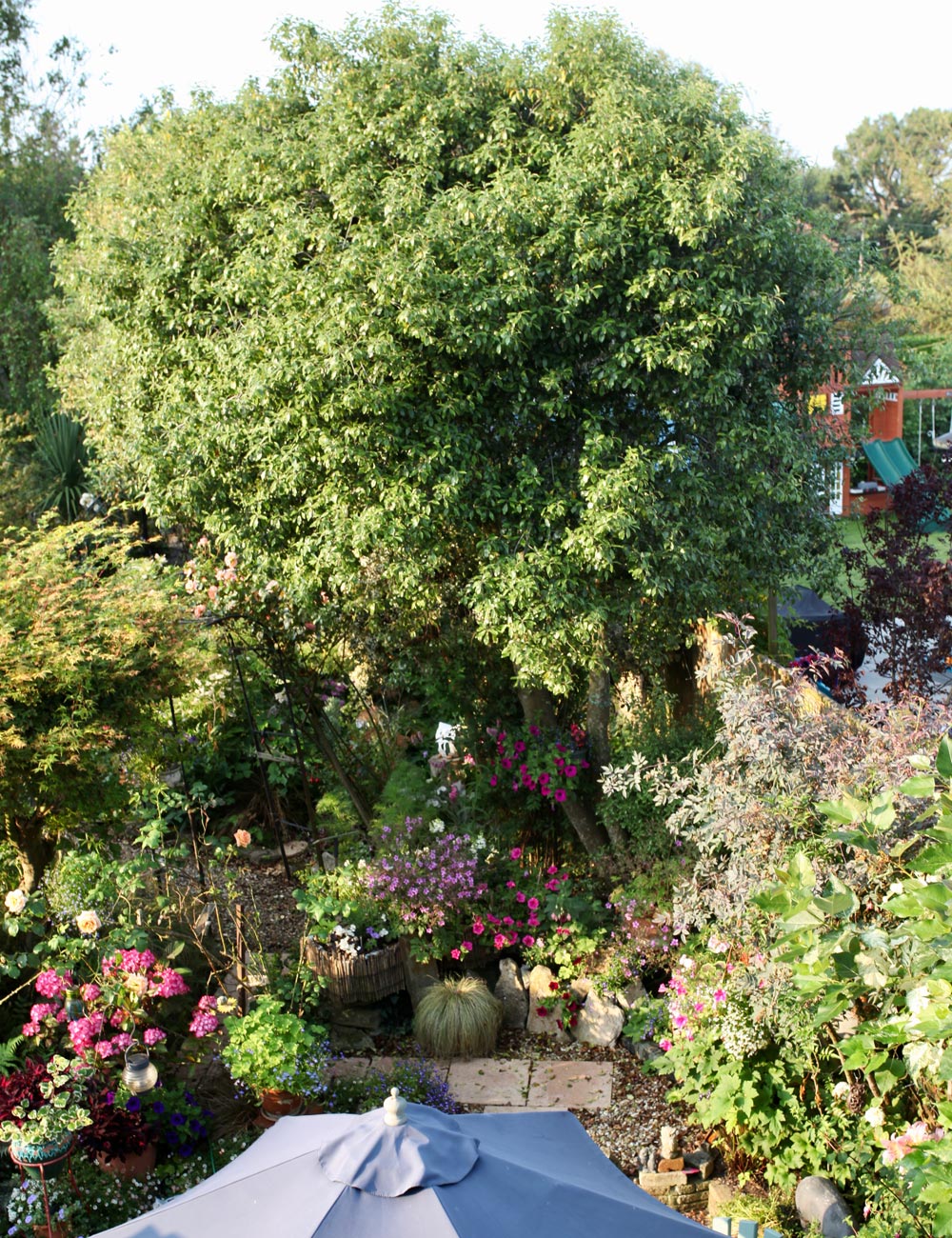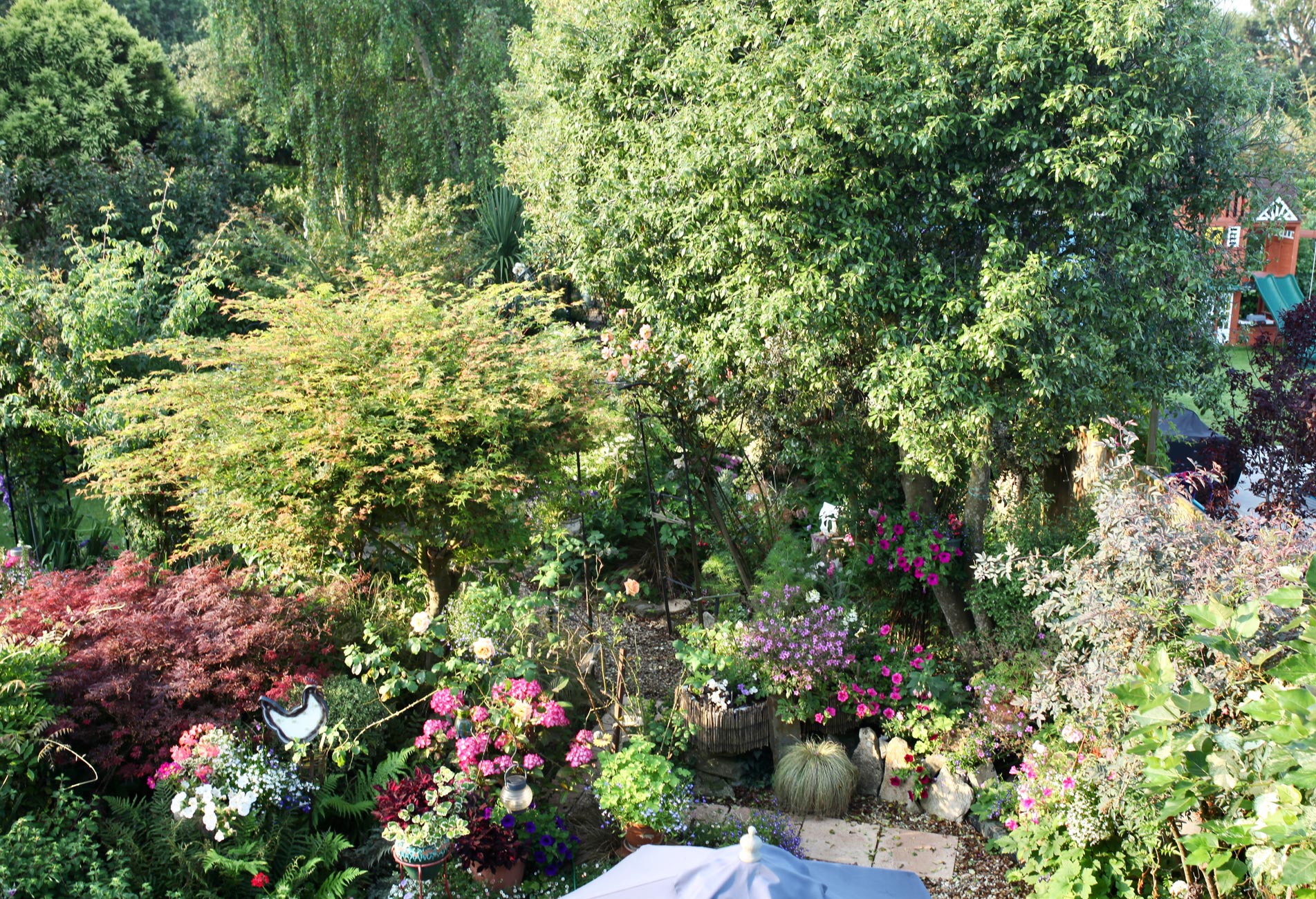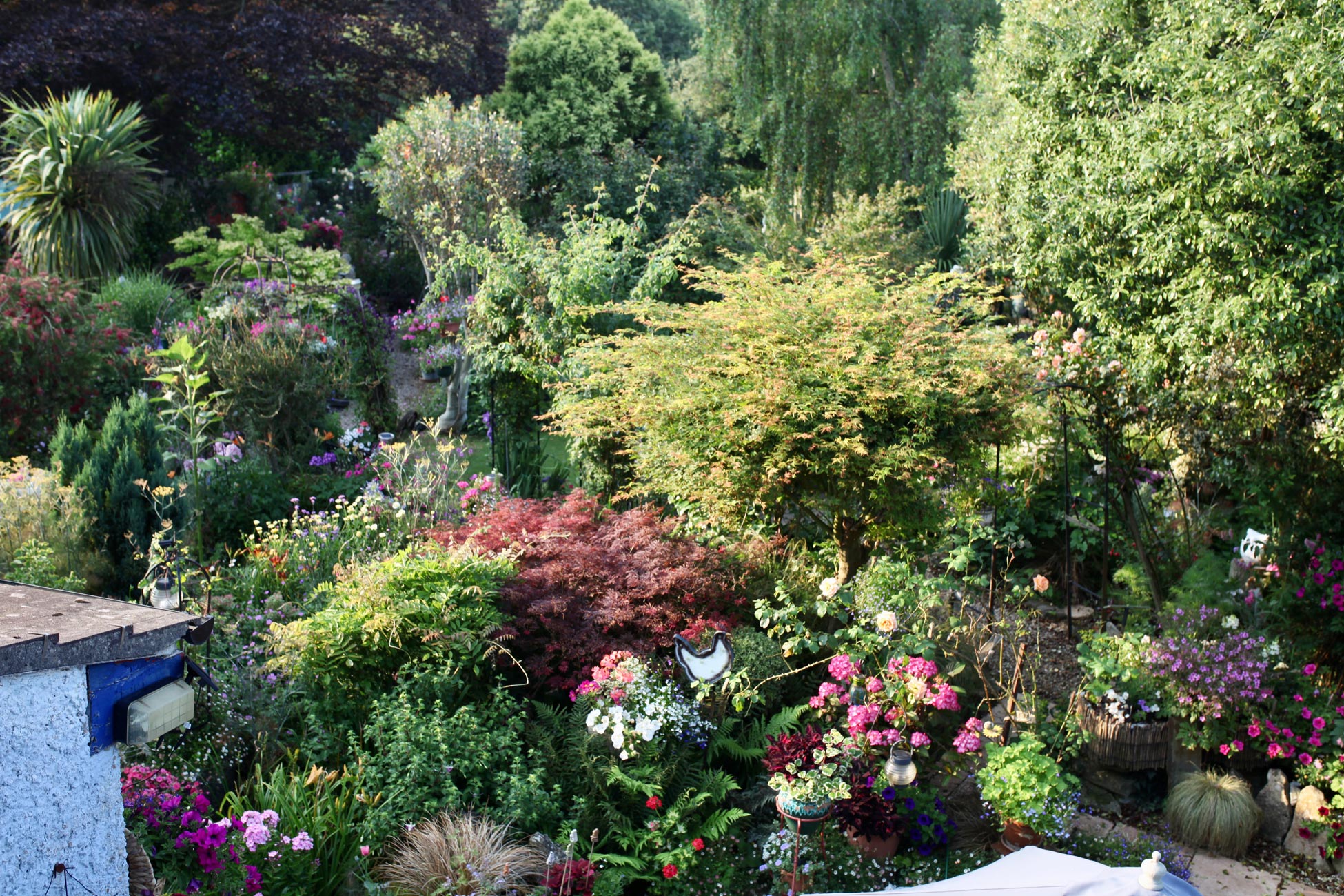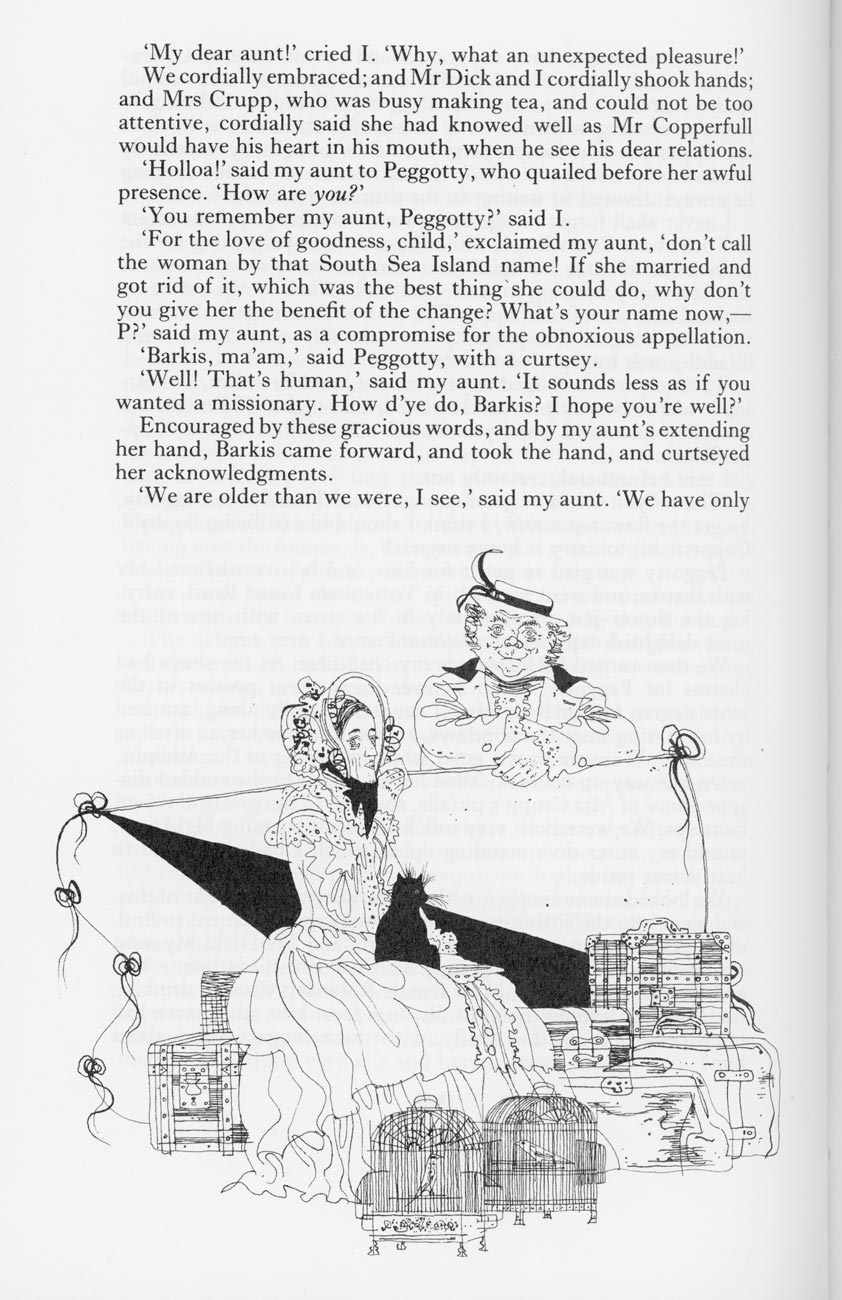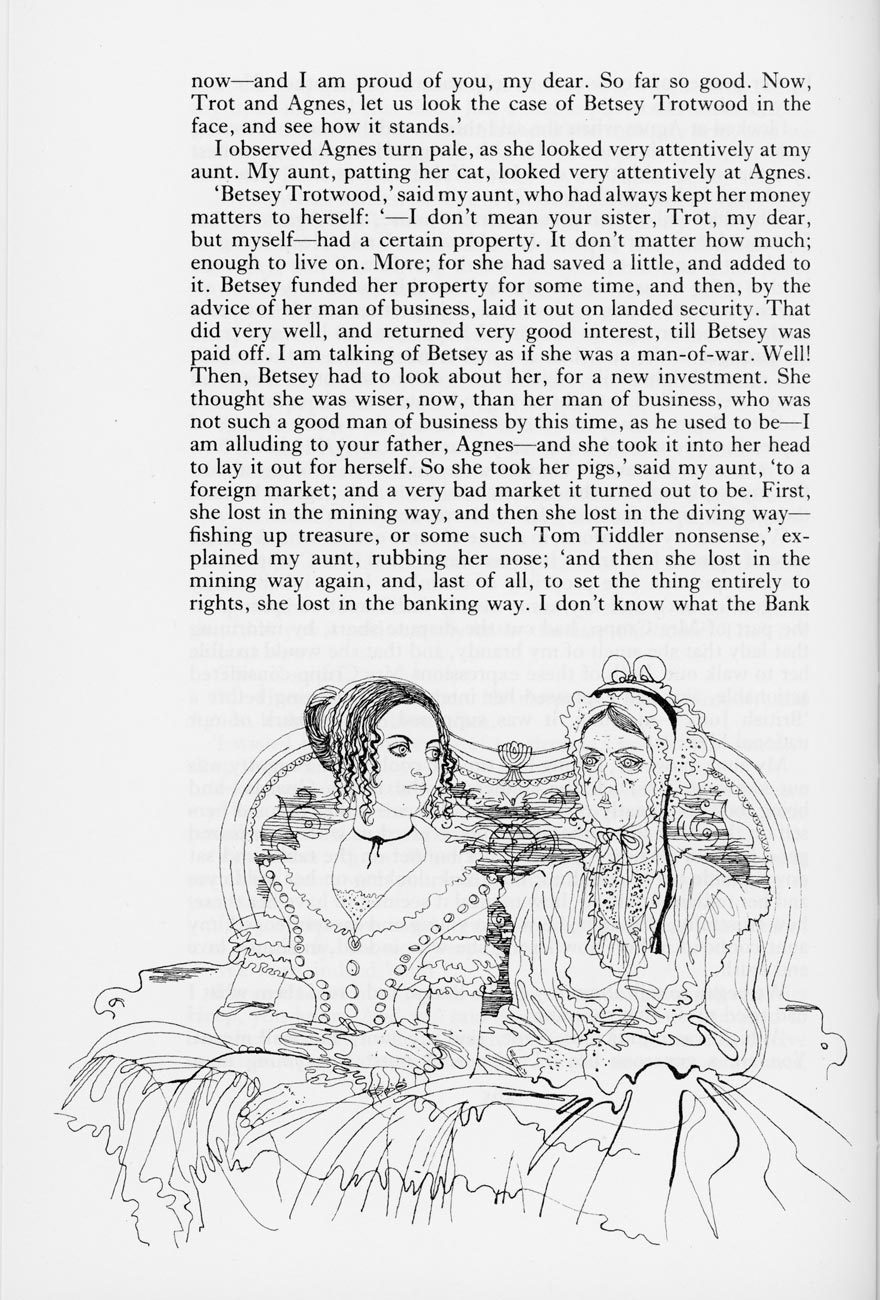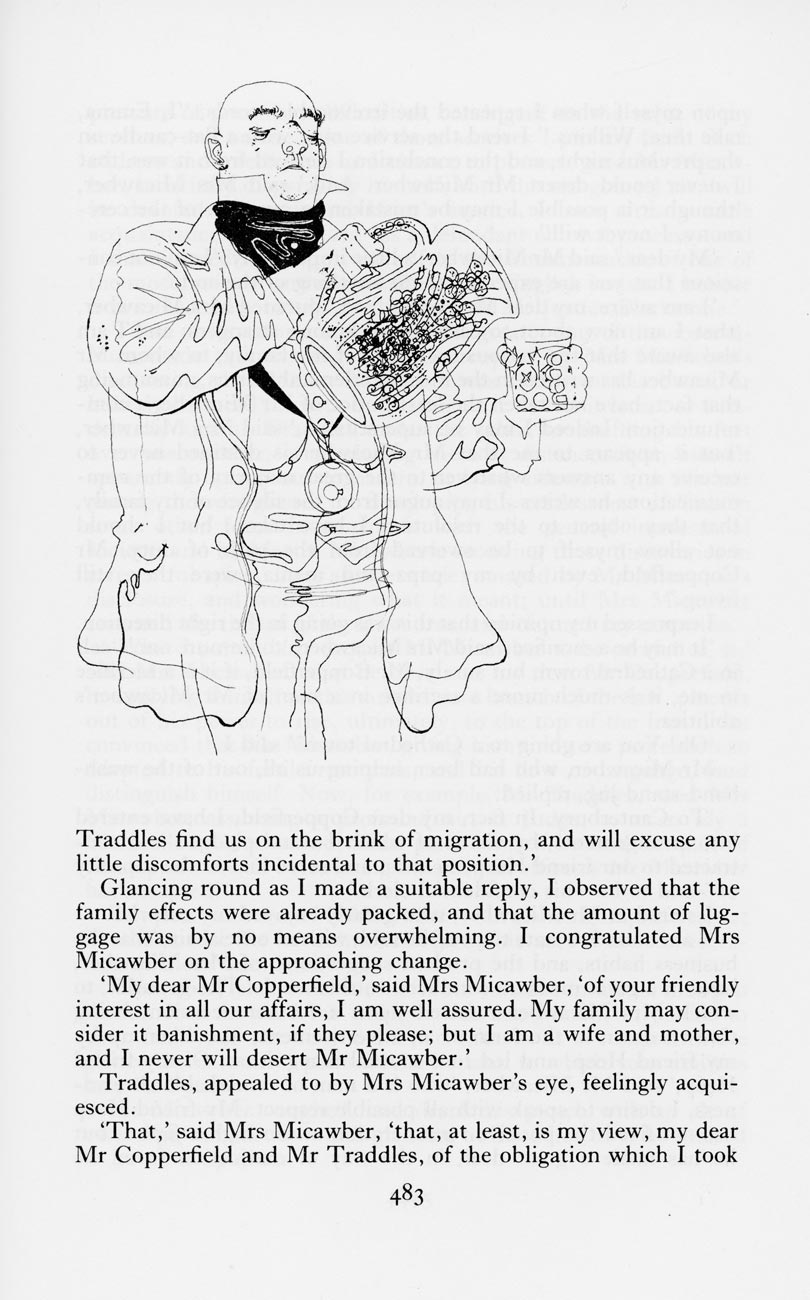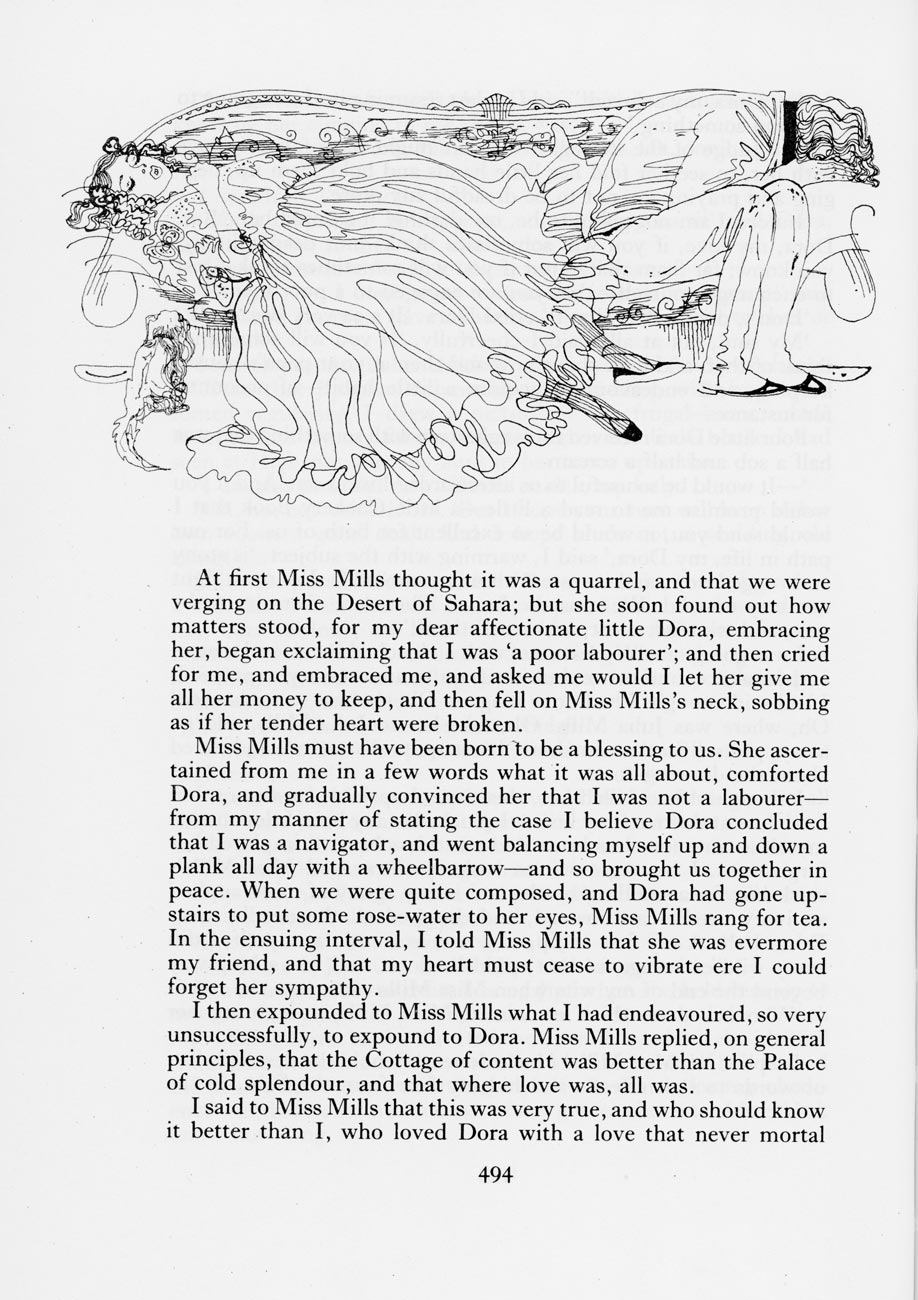VE Day was just two months before my third birthday. In fact I have no memory of the original event, but I do have photographic evidence that Chris and I were there.

This photograph depicts a street party celebrating Victory in Europe at the end of that sphere of World War Two. For anyone below the age of about 75 to imagine the jubilation of that heady, optimistic, summer is virtually impossible.
Chris and I are in the centre of the front row. My chubby little brother, then not yet two, looks, as would any other toddler, as if he had no idea what was going on or why he was there. I, on the other hand, seem to be harbouring particularly pleasant thoughts that I am not sure I ought to have had. A little girl proudly holds my hand. She smiles broadly. I try to suppress my glee.

Mum, as she always did, would have made our outfits from scratch. She continued to do this until she could afford not to. Our first Wimbledon College blazer badges were embroidered by her own hand.
It wasn’t until secondary school that most boys in those days gravitated to long trousers. (I proudly wore my first pair up to the common and ripped them whilst climbing a fence. That must have been a pecuniary disaster.) Shorts worn with long grey socks were the norm. The hose were held up by elasticated garters. One or two of those in the picture have slipped a bit. The older members of the group could probably share their parents immense relief that they were able to celebrate the end of six long years of war. That the people were able to dress up at all, albeit in a sometimes strangely fitting assortment of clothes, is a tribute to their fortitude. Garments continued to be rationed until well into the 1950s. As can be clearly seen here, designer clothes and trainers were a thing of the far distant future. But look at the shine on the boots and shoes.
This party took place in Carshalton, then in Surrey but now part of Greater London, in the street of Mum’s cousin Ivy Wilson, whose two children, Audrey, third from left in the back row, and Roy, second from left of the middle row, were present. These two are the link with the first Holly in our extended family who will feature later in the story.
